Why Nokia's re-entry into mobiles proves it was never a burning platform
Nokia isn't dying, it's going through another evolution
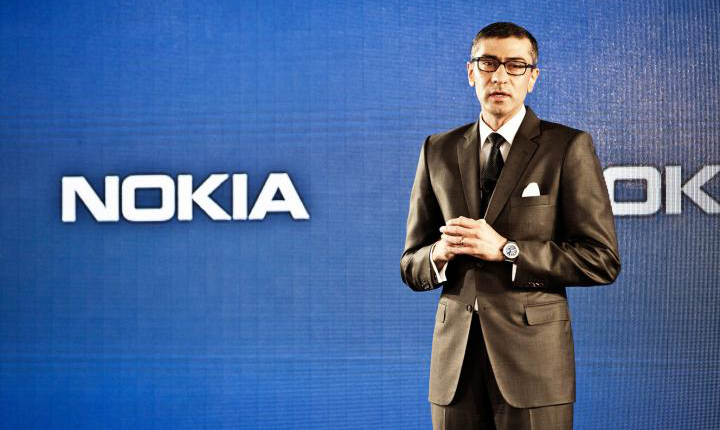

When journalists and bloggers write about tech companies that "got it wrong" in the face of an evolving market and paid the ultimate price, nine times out of ten Nokia will be listed a recent example.
Even its then-CEO, Stephen Elop, described Nokia in an internal memo as a "burning platform" back in 2011.
"Apple disrupted the market by redefining the smartphone and attracting developers to a closed, but very powerful ecosystem," said Elop in the memo. "And then, there is Android. In about two years, Android created a platform that attracts application developers, service providers and hardware manufacturers.
"Android came in at the high-end, they are now winning the mid-range, and quickly they are going downstream to phones under 100. Google has become a gravitational force, drawing much of the industry's innovation to its core."
He then wrote: "While competitors poured flames on our market share, what happened at Nokia? We fell behind, we missed big trends, and we lost time. At that time, we thought we were making the right decisions; but, with the benefit of hindsight, we now find ourselves years behind.
"We are standing on a burning platform. And, we have more than one explosion we have multiple points of scorching heat that are fuelling a blazing fire around us."
We now know, of course, what Elop's plan to put out the fire was: sell the Nokia devices business - what was considered the heart and soul of Nokia - to Microsoft and jump ship at the same time, apparently leaving what remained of the Finnish company as a dried-up husk of its former self.
Get the ITPro daily newsletter
Sign up today and you will receive a free copy of our Future Focus 2025 report - the leading guidance on AI, cybersecurity and other IT challenges as per 700+ senior executives
And it would seem that, ultimately, Microsoft is slowly but surely calling time on that business too.
The only place not to see Nokia as a dying company is, apparently, Nokia. Yesterday at MWC 2016, CEO Rajeev Suri announced the firm's re-entry into the smartphone market (despite earlier denials).
This should not come as a surprise, nor is it to be sniffed at, because what so many commentators, and apparently Elop too, have failed to look at is Nokia's history of radical reinvention.
Over the past 150 years, Nokia has been at various times a wood pulp mill, a maker of rubber boots, a provider of electricity and telegraph cables, a manufacturer of gas masks, early entrant into the PC market and, of course, a creator of mobile phones.
This is not the profile of a company suffering from terminal inertia, but rather one adept at evolving in the face of a changing market.
There are even parallels between what happened to Nokia between 2010 and 2013 and another difficult period in its history exactly 20 years before when, in the early 1990s, Finland was hit by recession.
Struggling to grow, Nokia shed less profitable TV and PC divisions to double down on telecoms and drive international growth, eventually becoming the largest mobile phone maker in the world.
In 2016, despite the sale of its devices unit to Microsoft and the widely respected Here maps division to BMW, Daimler and the Volkswagen group, the company is far from down and out - it is entering a new phase of evolution.
The company has been strengthening its already-respectable networking proposition through the acquisition of Alcatel-Lucent in 2015 and making inroads into the burgeoning Chinese market through a networking deal with China Mobile and with its N1 tablet. Then came yesterday's announcement, that it plans to build mobile phones again as early as this summer.
We shouldn't lump Nokia in with the likes of Palm in lists of companies that failed to recognise market trends until it was too late.
Nokia really should be on the list of companies that have evolved rather than died, even if it has a tendency to do so in a rather unorthodox manner.

Jane McCallion is Managing Editor of ITPro and ChannelPro, specializing in data centers, enterprise IT infrastructure, and cybersecurity. Before becoming Managing Editor, she held the role of Deputy Editor and, prior to that, Features Editor, managing a pool of freelance and internal writers, while continuing to specialize in enterprise IT infrastructure, and business strategy.
Prior to joining ITPro, Jane was a freelance business journalist writing as both Jane McCallion and Jane Bordenave for titles such as European CEO, World Finance, and Business Excellence Magazine.
-
 Cleo attack victim list grows as Hertz confirms customer data stolen
Cleo attack victim list grows as Hertz confirms customer data stolenNews Hertz has confirmed it suffered a data breach as a result of the Cleo zero-day vulnerability in late 2024, with the car rental giant warning that customer data was stolen.
By Ross Kelly
-
 Lateral moves in tech: Why leaders should support employee mobility
Lateral moves in tech: Why leaders should support employee mobilityIn-depth Encouraging staff to switch roles can have long-term benefits for skills in the tech sector
By Keri Allan
-
 Nokia hails success of Europe’s first commercial 5G cloud RAN deployment
Nokia hails success of Europe’s first commercial 5G cloud RAN deploymentNews Elise says its 5G cloud network puts it in a strong position during a move towards 6G
By Emma Woollacott
-
 Kyndryl and Nokia extend partnership to drive data center networking gains
Kyndryl and Nokia extend partnership to drive data center networking gainsNews The companies plan to offer more data center networking options aimed at enterprise customers
By Emma Woollacott
-
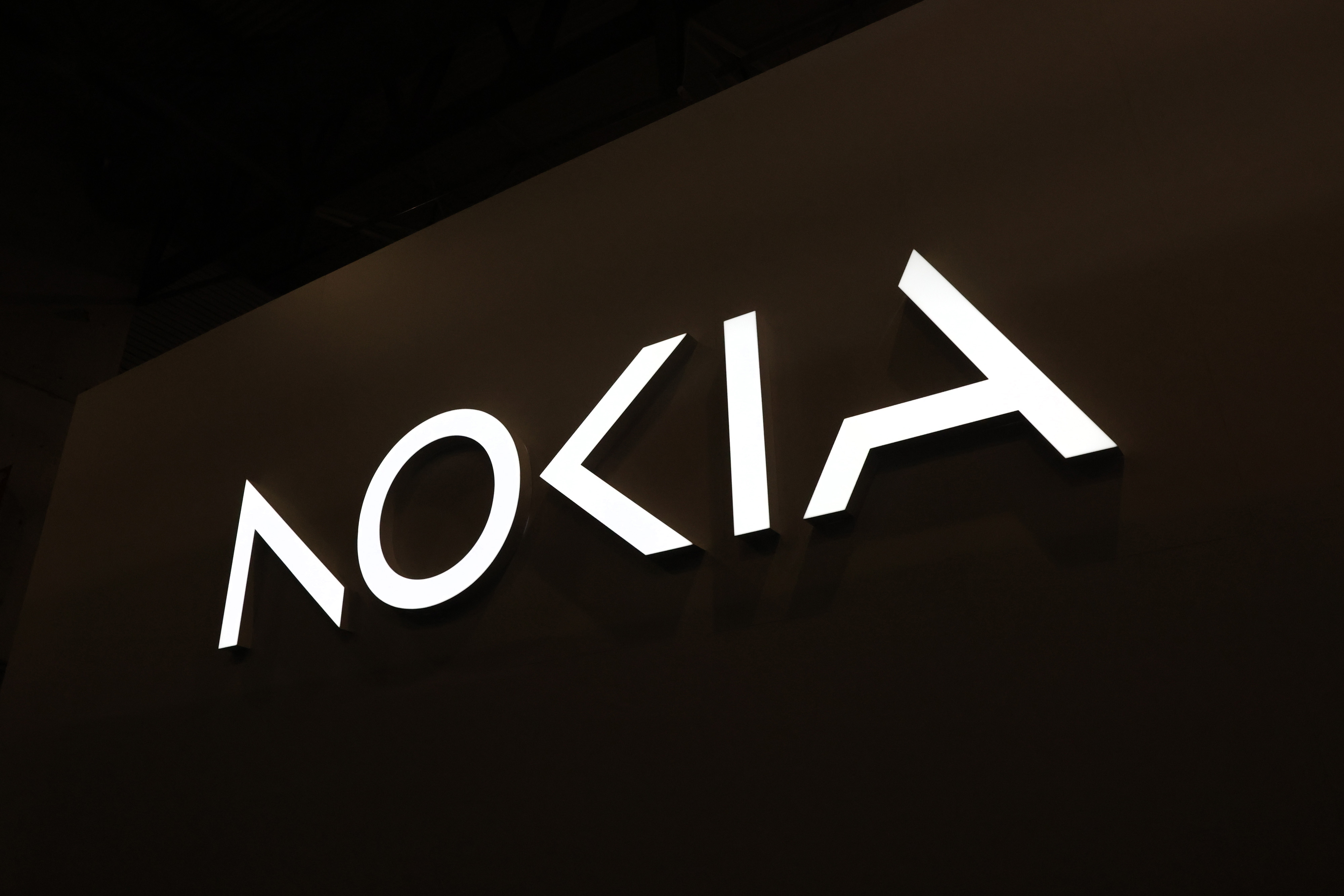 Dell and Nokia expand strategic partnership to drive network cloud transformation
Dell and Nokia expand strategic partnership to drive network cloud transformationNews The companies will leverage each other’s expertise and distribution to scale telecom networks and private 5G use cases
By Daniel Todd
-
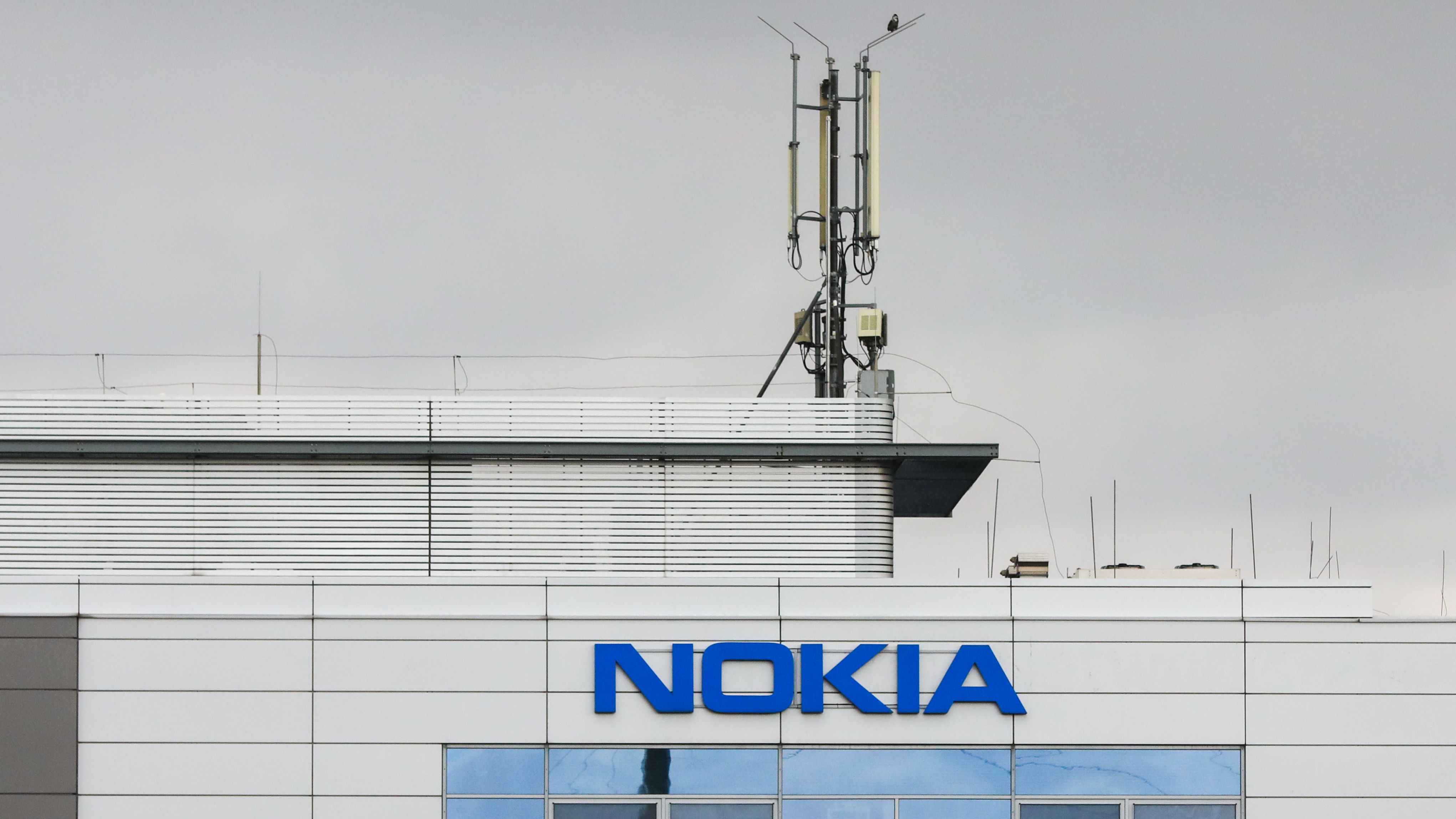 Nokia and Google score breakthrough in Android 13 network slicing
Nokia and Google score breakthrough in Android 13 network slicingNews Nokia's solution will allow devices to connect to multiple network slices simultaneously, provided by existing 4G and 5G operators
By Rory Bathgate
-
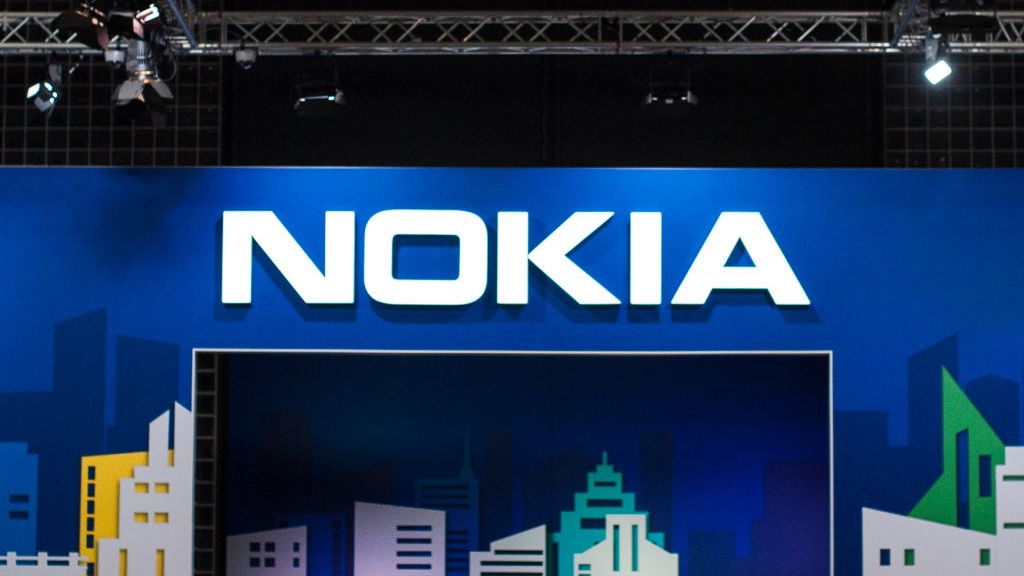 Nokia wins Indosat contract to expand 5G across Indonesia
Nokia wins Indosat contract to expand 5G across IndonesiaNews The deal will bring next-gen communication technology to customers across a 1.4 million square kilometre area
By Praharsha Anand
-
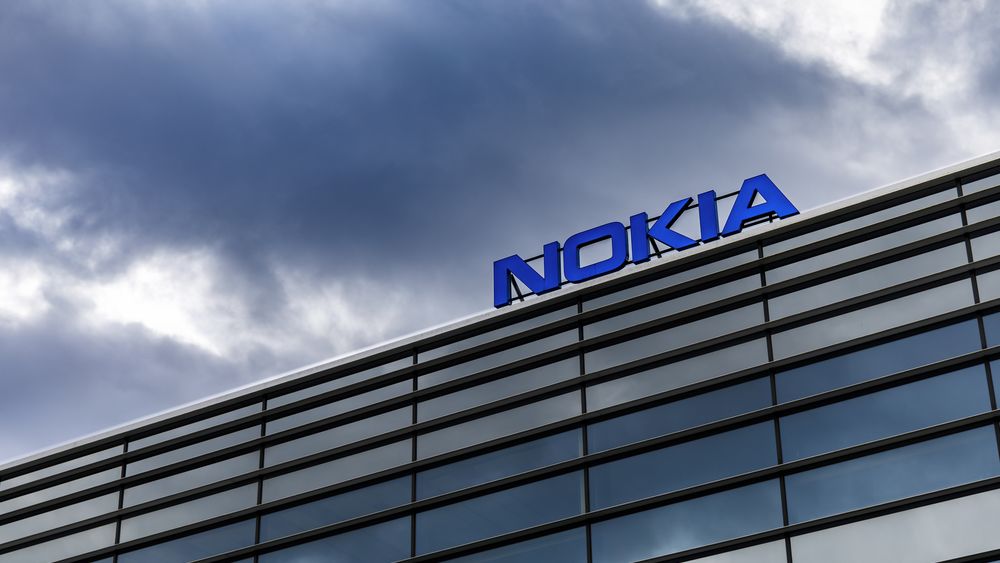 Nokia and Ligado partner on 4G, 5G enterprise private network
Nokia and Ligado partner on 4G, 5G enterprise private networkNews Nokia will leverage Ligado’s Band 24 spectrum to reach the US enterprise market
By Praharsha Anand
-
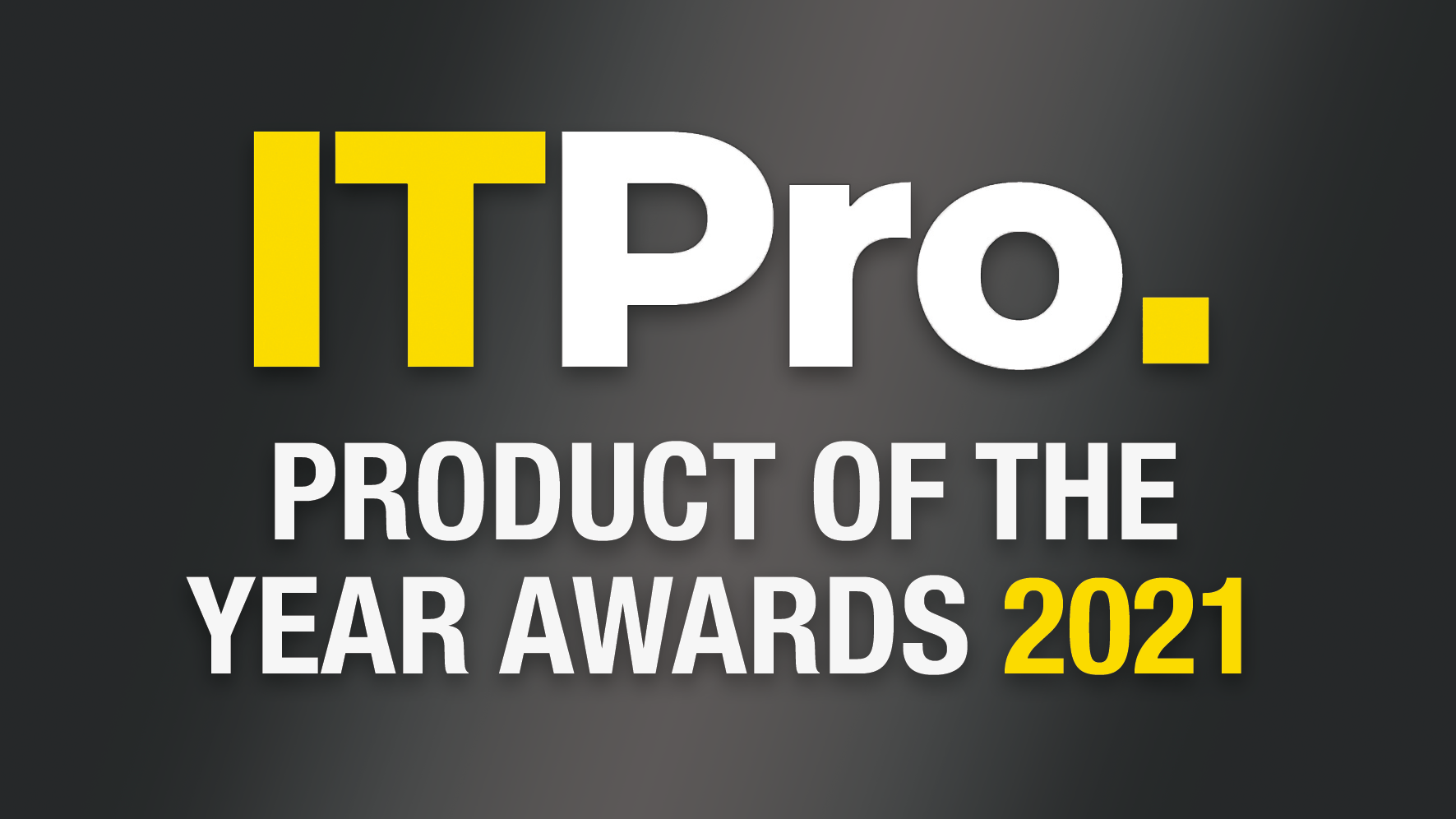 The IT Pro Products of the Year 2021: The year’s best hardware and software
The IT Pro Products of the Year 2021: The year’s best hardware and softwareBest Our pick of the best products from the past 12 months
By IT Pro
-
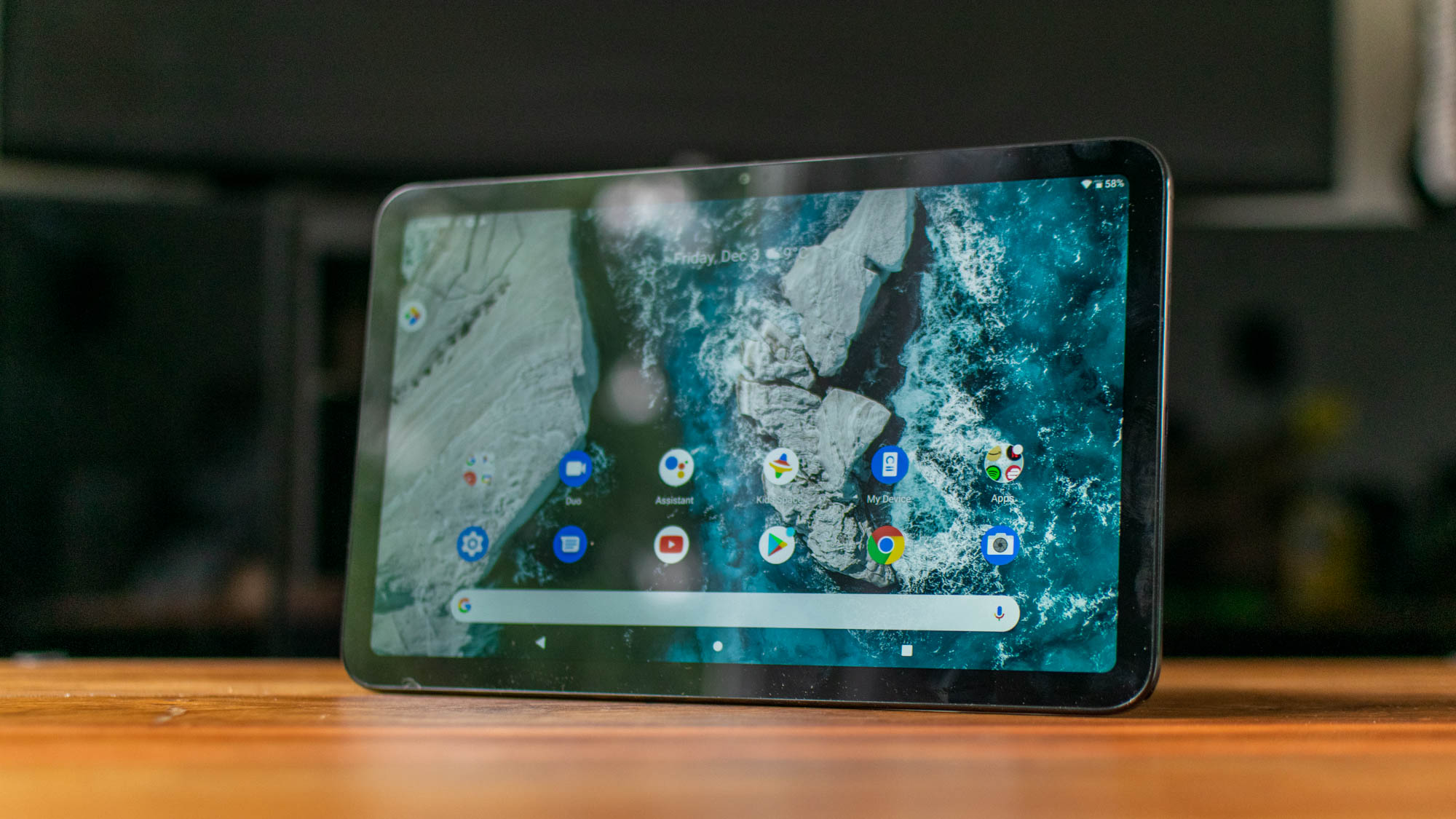
 Nokia T20 review: A simple, sturdy Android tablet at an SMB-friendly price
Nokia T20 review: A simple, sturdy Android tablet at an SMB-friendly priceReviews It’s not as luxurious as an iPad, but the T20 makes a fine, functional tablet for business
By Darien Graham-Smith